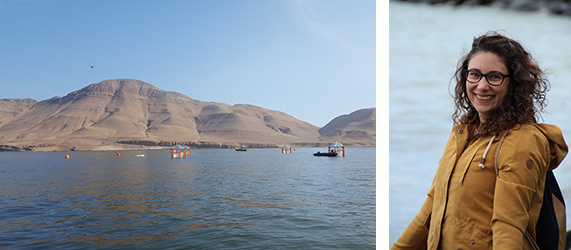Hence, the response of diazotrophs to predicted ocean acidification, warming and deoxygenation will modulate the response of the co-occurring phytoplankton through changes in fixed nitrogen supply. ). Single-strain culture studies have shown that diazotroph growth and nitrogen fixation rates are sensitive to changes in seawater temperature, pCO2 and nutrient availability. Furthermore in natural plankton assemblages, grazing, resource availability and competition will likely modify the physiological response observed in single-strain culture experiments. In this talk I will present results from large-scale mesocosm studies (35-50 m3 seawater) that enclosed natural plankton communities and manipulated pCO2 and nutrient stoichiometry to simulate future ocean conditions. In particular I will focus on the response of nitrogen fixation rates and microbes over up to 8 weeks and show how mesocosm studies can be used to investigate how plankton communities and biogeochemical element cycling may respond to changes in seawater chemistry in the future.
Allanah Paul is a postdoc in Marine Biogeochemistry Department at GEOMAR Helmholtz Centre for Ocean Research Kiel, in Germany. Her research focuses in the interaction between marine organisms, their changing aquatic environment and feedbacks on nutrient cycling. Allanah completed her PhD in 2016, which studied the influence of ocean acidification on biogeochemical element cycling and nitrogen fixation in the Baltic Sea in enclosed natural plankton communities. More recently, she has been investigating the potential role of nitrogen fixation across the coastal Peruvian upwelling system and aims to better understanding the environmental controls on these microbes.
